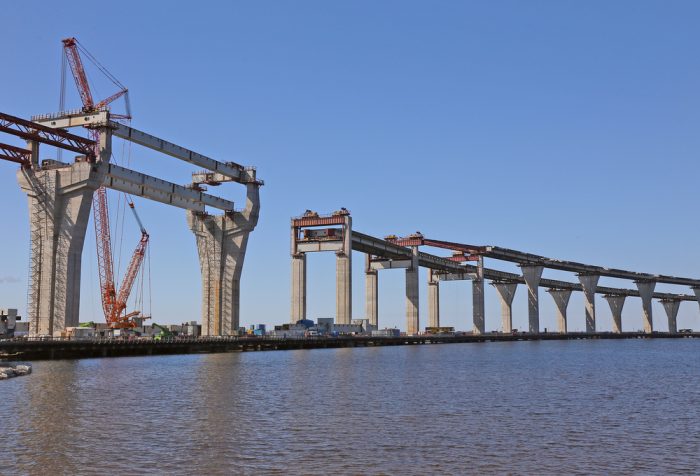The pensions industry gave a cautious welcome to comments by the Bank of England governor indicating support for looser regulations to enable DC schemes to invest in illiquid infrastructure and property assets.
While this move was welcomed for larger schemes, pension companies warned schemes must not lose the ability to meet member demands for transfers or retirement payments promptly.
According to an FT report, Andrew Bailey told TheCityUK business group that if the UK economy was to recover from the Covid crisis it would require business investment on a much larger scale than has been seen in recent years.
He said this investment had been partly held back by regulations which prevented DC pension schemes investing in illiquid long-term assets such as property and infrastructure.
Bailey said the BoE was examining reasons why DC funds put little money into less liquid investment and whether regulations could be changed to reverse this without undermining the safety of banks, insurers or investment funds.
He added: “We live in a time where the appears to be no shortage of aggregate saving, but investment is weak.”
Responding to his comments, Aegon’s pensions director Steven Cameron, says: “It’s good to see the government recognise the important role pension schemes and their investments play in supporting the UK economy and its recovery from the pandemic crisis.
“This makes a positive change from the focus in parts of government often being on how to reduce the tax relief pension savers receive on their contributions.
“The Bank of England is joining the government in looking at how to remove barriers or offer ‘encouragement’ so that pension schemes invest more in illiquid investments.”
He describes this as a “worthwhile aim”, but said it mustn’t take priority over the trustees’ key duty to act in the best interest of members.
“It’s only the largest pension schemes which are likely to see such investments as viable and this is one reason why the government is separately looking to drive scheme consolidation so there are fewer, but larger defined contribution pension schemes.
“Unlike DB schemes, modern DC schemes allow members to view the value of their pension pot, and switch between funds, on a daily basis.
“Furthermore, members have a legal right to transfer their pension to other schemes and under pension freedoms can draw their retirement benefits at any time from age 55. Pension rules don’t permit the scheme to defer paying out, which does create issues if part of a member’s entitlement is invested in illiquid investments.”
Cameron adds: “Separately, the financial regulator, the FCA has been consulting on introducing mandatory notice periods to property funds to avoid these having to hold large holdings in liquid assets to protect against a spike in encashments.
“Unfortunately, this would exacerbate issues for defined contribution pension schemes and rather than leading to a greater investment in illiquid assets, could actually reduce their willingness to invest in them.”
